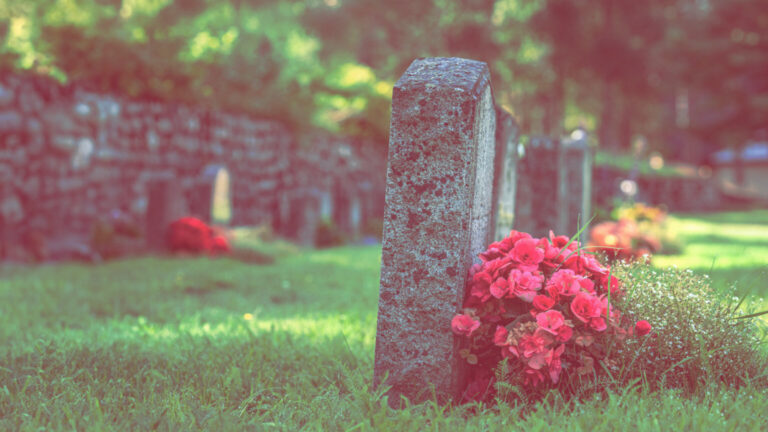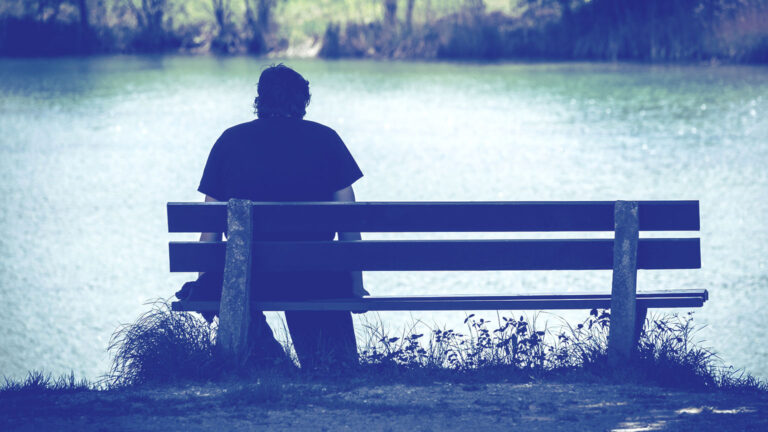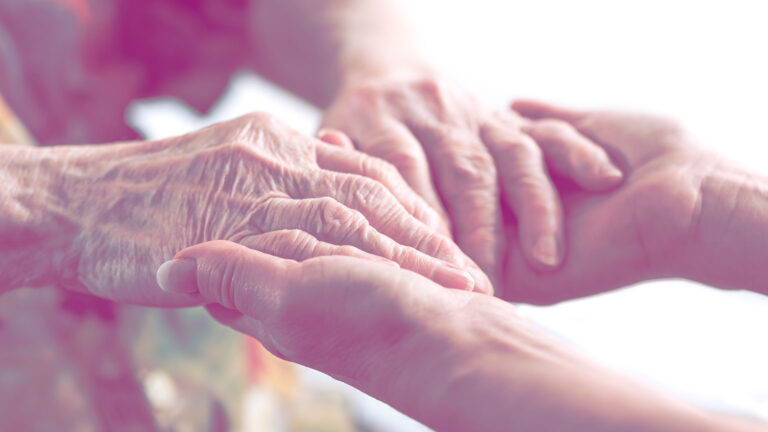Talking about Dying
BBC: How to Have a Good Death
Channel 4: It Helps to Talk
Dying Matters
(National coalition, which aims to change public knowledge, attitudes and behaviours towards death, dying and bereavement)
Bereavement
The Counselling Directory (where to find bereavement counsellors in your area)
Cruse Bereavement
Main switchboard: 0208 940818
Compassionate Friends
Supporting Bereaved Parents and their Familes
Helpline: 0845 123 2304
Metropolitan Police
Go to ‘B’ in A-Z list and follow links to Bereavement information
Winston’s Wish for bereaved children
Help Line: 08452 03 04 05
Counselling Organisations
British Association for Counsellors and Psychotherapists (BACP)
General Enquiries: 01455 883300
United Kingdom Council for Psychotherapists (UKCP)
General Enquiries: 020 7014 9955
How to Register a Death in the UK Guide
https://www.registryoffice.uk/how-to-register-a-death/
Coping with Suicide
The Samaritans
Main contact: 08457 90 90 90
Survivors of Bereavement by Suicide (SOBS)
National Helpline: 0844 561 6855
9am to 9pm every day
End-of-Life Research and Near Death Experiences
Horizon Research Foundation
Resource Centre for study of mind, body, brain, consciousness and end of life issues.
Dr Peter Fenwick (Consultant Neuropsychiatrist and Neurophysiologist, Fellow of Royal College of Psychiatrists)
Living wills (Advance Decision)
Alzheimer’s Society
Direct Gov: Your right to refuse future treatment
Natural Death Centre
12a Blackstock Mews
Blackstock Road
London N4 2BT
National Organisations
Age Concern Head Office
Tel: 0800 00 99 66 – open 7 days a week
Citizen’s Advice (Head office and main contact details)
Care Quality Commission
Organisation that sets minimum standards in care homes
Personal Growth
Hoffman Process UK
‘When you’re Serious about Change’
















